Frederica Freyberg:
First I want to thank you very much for sitting down with us.
Russ Feingold:
It’s my pleasure.
Frederica Freyberg:
All right, first question. Why do you think you can beat the incumbent senator?
Russ Feingold:
Well you know it’s really not about whether you beat the incumbent senator now. What it’s about is how the people of the state want to be represented. And what I’ve done is taken the time to go out last year and this year and visit all 72 counties both years. And I have a pretty clear sense that middle income and working families feel like they’re not really getting a fair deal in terms of the hard work they do and being able to pay their bills. So the question for people will be on November 8, who do you think is going to be more likely to do something about that. I’m very confident that people will have confidence in the fact that I will fight to raise the minimum wage. That I will fight for paid family leave. And to do something about the cost of prescription drugs and especially the cost of higher education and student loans. Senator Johnson has a, frankly, a very poor record on those issues. And he votes almost every time with the corporations and the billionaires and the multi-millionaires, people like himself. So people get to decide and they’ll make the decision about who wins.
Frederica Freyberg:
On jobs and the economy, all of your proposals and you have many, including closing special interest loopholes, rebuilding infrastructure and raising the minimum wage, of all those which plans in your mind go the furthest to increasing jobs and boosting the economy?
Russ Feingold:
What we call our Badger Innovation Plan says look, we got to do something. And this is what people have told me about infrastructure. You know we have the fourth worst roads in the country according to some people. Fourteen percent of the bridges are deficient. A million people in this state don’t have access to adequate high-speed internet. And this is very hard on businesses as well as students. So these are some things that have to change. We have to make that internet coverage basically like the utility. So everybody has it. So that’s one piece. But we also have to make sure that we export Wisconsin products, not Wisconsin jobs. And that’s exactly the kind of thing that I’ve been observing all over the state. There’s this great place called Urban Evolutions in Appleton where they make these beautiful tables and furniture from reclaimed floors in schools or barns. There’s innovation to be promoted. At the same time though we don’t want to send our jobs overseas with trade deals that are bad such as the TPP. I opposed the TPP, the Trans-Pacific Partnership, just like I opposed NAFTA. I’ve done this against democratic presidents like Bill Clinton and Barack Obama as well as republicans. So I’m not a partisan on this issue. I’m independent. And to me Wisconsin jobs come first. We’ve lost 75,000 Wisconsin manufacturing jobs from these trade deals and Senator Johnson is hiding on this. You know he’s voted for all these trade deals and voted for Fast Track. And all of a sudden he’s saying, “Well it’s complicated so I’m not going to tell you how I’m going to vote until after the election.” Well I think the people of this state deserve to know who is with the working families of this state. So it’s another clear example of how we’re different.
Frederica Freyberg:
What about opening up Wisconsin export markets though as part of any of these trade deals?
Russ Feingold:
Well that should be part of it of course. That would be the good news of a trade deal that made sense. But that’s not the primary aspect of what happens here. What happens is our large employers here are tempted to move overseas because of lower wages. They don’t have to follow the workers' rights provisions. They don’t have to follow environmental provisions. And multi-national corporations can sue the United States and the state of Wisconsin to basically force us to get rid of things like food safety laws and Buy America laws. So there’s no reason why you can’t have a fair deal that actually promotes exports without selling our jobs down the river.
Frederica Freyberg:
But TPP isn’t?
Russ Feingold:
Oh, TPP is a horrible corporate handshake. These things aren’t negotiated by the people of different countries to their governments. They’re negotiated by corporate representatives. And Senator Johnson is all in on that. He actually has said that this is just a wash for Wisconsin. No, it’s not. Seventy-five thousand jobs lost according to official government certification is not a wash. It’s a tragedy for many Wisconsin families.
Frederica Freyberg:
On Social Security, you’ve said that you want to expand it. How and why?
Russ Feingold:
Well the first thing is I want to make sure Social Security is kept as a public program. You know that idea was basically invented up on Bascom Hill. My alma mater here. That’s where Franklin Roosevelt got the idea. So the first thing is to assure the American people that we’re not going to try to privatize Social Security. Senator Johnson calls it a Ponzi scheme but guess what? It’s been paying out for many decades. And he said it’s a shame that it wasn’t privatized you know a few years ago when George Bush was trying to do that. That was right before the economic collapse. So what can we do? One of the things we can do is say, “Wait a minute.” Since everybody gets Social Security, even if you’re very wealthy, you’re still eligible for Social Security and I’m okay with that. Otherwise I worry that somehow people will see it as kind of a welfare program or attack it that way. On the other hand, people who are very well-to-do and make a lot of money could pay more on the FICA tax and the FICA fee. Right now it cuts off at $118,000. Why shouldn’t LeBron James who is having a very good year, both athletically and financially, why shouldn’t he pay more into this system? Maybe make it what members of Congress make. That would do a great deal to make the program solvent for the future and what I think it would do is help us avoid things like the cost of living increase not being given last year. So that’s one way we can enhance the program.
Frederica Freyberg:
What would privatization of it do?
Russ Feingold:
Well I think it would enormously risk the future of Social Security. For many people, this is their only income. For many other people, it’s one of two things they may have: a small pension to survive. Senator Johnson’s willingness to take that risk, to roll the dice, to send it to Wall Street could mean people could be wiped out. It goes against the very idea that was invented here in Wisconsin of Social Security. You know the pattern is unfortunate. Name the area of public policy, whether it’s the Internet or whether it’s education or whether it’s trade or whether it’s this issue, Senator Johnson votes with the possibility of big money to be made on Wall Street and by special interests. And I believe that we have to make the–reassert the commitment that Social Security and Medicare remain public programs into the future. I think our seniors really, really need that reassurance.
Frederica Freyberg:
Whereas your opponent calls Obamacare a massive consumer fraud and chides you for voting at it, voting for it, this is in the face of Wisconsin not being alone in looking at some pretty significant premium hikes in the Affordable Care Act exchange plans apparently because young people haven’t signed up in the numbers that was expected but so Ron Johnson calls it massive consumer fraud. How would you describe the ACA as it’s developed since its passage?
Russ Feingold:
Unlike Senator Johnson I didn’t take a blind view that there’s no possibility something good would come out of this. The fact is a great deal of good has come out of it. And it would be incredibly foolish to repeal Obamacare as he’s suggesting. Twenty million people are now covered who were not covered before. Now that’s great for them but it’s also great for the rest of us because those individuals are not coming in as charity care to the hospitals in a much sicker way, in a much more expensive way. People can now make sure they can get on insurance without being cut off for pre-existing condition. You have a child who is in college and even a little bit beyond. They can stay on their parents insurance til they’re beyond 26 years old. If you have a mental health issue in your family, there’s now mental health coverage. So these are all very positive things. Some of the cost increases in the last few years were much less than were expected. That happened in the early years. Some of the increases now may be somewhat higher. So we need to all work together to make it even more affordable. But the reality is it’s moving in the right direction and Senator Johnson’s just living in the past. He just wants to uproot the whole thing because he’s got a bee in his bonnet about this thing instead of being willing to work on a bipartisan basis. How can we get together and do more to make it better? I’ve met with the medical society here. I’ve met with radiologists. I’ve met with rural hospital leaders such the people that have the Monroe Clinic. I’ve met with all these individuals. And they have very solid ideas. For example, right now you can be evaluated for your eligibility for the Affordable Care Act based on being an individual. But that’s called the Family glitch because often you have a family and you want to be eligible based on your whole family. So what I would do if I was elected is sit down and say, “Ok, what are the things we need to improve this and make it more affordable?” as opposed to trying to destroy the whole thing which is what Senator Johnson hopes to do.
Frederica Freyberg:
On women’s health, how would you compare your position on abortion, birth control and funding of Planned Parenthood with his?
Russ Feingold:
Well the difference is night and day. I am a strong supporter of Planned Parenthood, of women’s health and women’s reproductive rights and always have been. He is the opposite. He actually voted repeatedly to defund Planned Parenthood. He actually said, “It was fun.” That’s an actual quote from him that it was fun to try to defund Planned Parenthood. And it’s because he doesn’t know the state. He doesn’t get around. He doesn’t realize that 66,000 women a year benefit in their health coverage from Planned Parenthood. Cancer checks, birth control as well as other aspects of Planned Parenthood are crucial. And yes, I do believe that this is a decision that should be up to a woman. He has done everything he can to try to take a hard line against the rights of the people of this state, the women of this state and the women of this country. And yes, it’s a clear difference between us. There can be no doubt.
Frederica Freyberg:
On national security, how does the U.S. stay safe in the face of ISIS?
Russ Feingold:
We gotta get it right. We gotta first of all understand there can be no toleration of groups like ISIS and Al Qaeda and let’s not be fooled that it’s just ISIS. It’s other affiliated groups such as Al Qaeda and others that are still operating. I have offered a very specific plan to do something about these monsters who have to be stopped. I have advocated that we knock off the leaders of these organizations which there are some aspects of it in place but it has to be intensified. We’re able to apparently get the number two guy over there recently. And one of the ways it can be intensified is by using more human intelligence. That means more spies. We need more people through our intelligence agencies able to infiltrate those areas to find these people and destroy them. We also have to make it so they can’t function. You know they’re really trying to have a caliphate there. They’re trying to have a state. They’re trying to have a country. And they’ve lost a lot of ground. But some of the ways that they are able to proceed we can stop. Oil production and oil transport. We are able with more aggressive activity to destroy their ability to transport and produce oil. We can do something to make sure they don’t get financial transactions. You know our Department of Treasury has a fairly sophisticated ability to go after some of this. When I was on the Intelligence Committee for five years, I worked with them closely on this kind of thing. Heightening our ability to cut off their financial transfers would make a difference. And making sure they can’t get arms. You know that Turkish border is where they get a lot of it from. And recently with U.S.-assisted help for some of the Syrian forces, some of this ground’s been retaken. And the Turks now claim that they control the border there. So we now have the opportunity of possibly cutting off their arms supplies. So what I see here and what I proposed is a specific plan. Senator Johnson has no plan except for to send 100,000 troops into the region and what do you do the next day? That’s the same mistake we made before. And he hasn’t lifted a finger to create an authorization for military force for President Obama. He and others in Congress and he’s the Chairman of a Homeland Security Committee has done nothing to try give the president greater authority to go after these things and that’s really very unfortunate.
Frederica Freyberg:
Now even as we speak, the FBI and Homeland Security’s investigating bombing and a knife attack at a mall in Minnesota as potential terrorism. Your opponent calls you weak on national security. What’s your response, not just to these recent crimes, but to his description of you that way?
Russ Feingold:
I’m not interested in his characterizations. That’s petty politics. What matters here is the safety of the American people. Both overseas and within this country. And nobody cares about that more than I do. Look, look at the situation. Senator Johnson I don’t think has lifted a finger to give the FBI more resources. It’s clear that they have many investigations they have to do. Remember San Bernardino? When they went after trying to figure out what had happened there which apparently was Al Qaeda-inspired, I remember seeing on the news that they had to drop various other investigations in order to do that investigation. What does that tell you? They need more resources. You can’t do it through thin air. We’re gonna need the CIA to have more agents. And we’re gonna to need the FBI to have more resources. So we can go after those who may try to harm us. So the issue here isn’t are they connected with ISIS? Are they connected with Al Qaeda? Of course that’s relevant. But anybody that’s trying to kill Americans within this country has to be pursued and we have to give people the resources and have the people on the ground able to do that.
Frederica Freyberg:
On immigration, what should U.S. policy be on undocumented immigrants?
Russ Feingold:
Well we should have a national comprehensive plan to deal with the issue the approximately 11 million people who are undocumented. And this is again a clear area of contrast. I have always supported bipartisan reform that involves giving people a path to citizenship but they might have to pay a penalty and they get some kind of legal status. That is supported by the Wisconsin Manufacturers as one of their top priorities. A lot of the top dairy operations in this state are desperate for this sort of thing. And so I’m the candidate in this race who has worked with President Bush and John McCain and others to do it on a bipartisan basis. Senator Johnson has slammed the door. He has said the only thing that matters right now is closing the border. And of course it’s impossible to completely close the border. There’s actually been some progress on that. But that’s an excuse. You see you don’t have to make the tough political choices for bipartisan comprehensive reform if you say, “Well we’ll close the border and we’ll get to that later.” Well we’ve just lost five years. Five years of Ron Johnson’s complete failure to lead. Chairman of the Homeland Security Committee refusing to act on comprehensive immigration reform. I would act on it. I’ve already acted on it in the past. And I actually believe that as of January with a new president and a new Congress, you’re going to see real action on comprehensive immigration reform. And nothing will make our business committee here in Wisconsin happier. Not to mention the families that are terribly affected by this.
Frederica Freyberg:
On veterans, we’ve seen major problems at the Tomah VA and at the veterans’ home in King? What needs to be done in your mind to help veterans?
Russ Feingold:
Well the first thing you do is listen to people and ask veterans. And as I’ve gone all around the state whenever I meet a veteran I go, “How’s your care at, in the VA?” Almost universally they say, “I love it.” Whether it’s Milwaukee or Madison or Tomah or some of the other satellite health clinics that I actually helped create when I was in the Senate. So they like it but that doesn’t mean there shouldn’t be improvements. That doesn’t mean there shouldn’t be more resources. There should be less waiting. There should be the opportunity if you live far away to have other alternatives which I’ve worked on very successfully when I was in the Senate. And you know Senator Johnson’s agenda again is the opposite. Again, it has to do with privatization. He says it’s a single payer system so it’s bad. So he wants to privatize the VA. It’s obvious that’s his choice. He says the VA is so bad that it’s proof of what’s wrong with government health care. That’s not what veterans think. Veterans get very, very upset and nervous when people start talking about privatizing the VA. So we need to get rid of waiting lists. We need to make sure that people have adequate health care and that they can get there even if they’re in rural areas and have other alternatives. But the ideological agenda of Senator Johnson has taken priority over his responsibility to stand up for our veterans.
Frederica Freyberg:
On education, student college debt is obviously a big issue. How to address it in your mind and prevent it?
Russ Feingold:
Well I’ve told you the thing I heard the most from people is that middle income and working families are having a hard time making ends meet and there’s different pieces to that. But the one that comes up the very most is the fear of what happens when your daughter or son is getting ready to go to college or technical college or when they’re getting ready to graduate. It’s a scary deal. I mean you get that acceptance and all of a sudden you’re trying to figure out these documents which are very complicated. And then you realize oh, I have to go into debt now. I have to graduate from college and immediately go into debt. And I’ve had roundtables with students all around the state at public and private colleges. And all of them see this as extremely disturbing. Senator Johnson has said that the young people call it–think it’s free money. No they don’t. They’re pretty smart. They know that it’s not free. And they resent that because you know when I was younger and when Senator Johnson was younger and we went to college, you didn’t have to be afraid of starting off life with that kind of debt. This is a denial of the American dream. And in my view, the first thing to do which I would try to do if I was elected, is support Senator Elizabeth Warren’s bill that would allow people to negotiate a lower interest rate on their student loan like you can on your mortgage. Senator Johnson voted against that bill. I would support it. We also have to make sure that if the government’s making any money off of these loans which they do sometimes, that money should be put back into reducing the cost of student loans. And I think we should fight for the ideas that are out there. Have all levels of government, universities and families, all get involved in trying to see if we can get to the point where people can graduate from college or technical college without any debt on their tuition. I think that is a very reasonable goal. And the state of Wisconsin has to step up to the plate. You know back when I was in college, state picked up a far greater percentage of tuition. They have now pocketed that money for other things. And we need to stand with the students. That’s one of the promises of being a Badger is that you can afford to go to the University of Wisconsin. And it’s very, very unfortunate that it’s been taken away by a state government that’s used the money for other things.
Frederica Freyberg:
On the national debt, how important is it to stop its growth and how do you do that?
Russ Feingold:
Well you’ve got to get serious about the debt. You can’t just talk about the debt and deficit. Senator Johnson likes to do a PowerPoint presentation where he talks about what will happen in 30 years. And that works very well for him because then he doesn’t have to tell you what he’s going to do specifically. And that’s what I believe in. I had experience in the Senate of working on a bipartisan basis of identifying exactly what it is that we think on a bipartisan basis we can cut or get rid of in terms of loopholes and that’s why I created what I call my Federal Fiscal Fitness Plan. You won’t see a plan like that from Senator Johnson ’cause that means taking a tough stand. It means you’re gonna actually introduce a bill that says the federal government should negotiate lower drug prices. That could save the federal government $123 billion. That means standing up to the oil and gas companies who right now have a $40 billion over 10 years oil and depletion allowance. It basically had to do with the dangers of oil drilling back in 1912 and 1920. So there are all kinds of things like this. And I’ve offered a specific plan with some 30 previsions that I’m ready to act on immediately. You know it’s about rolling up your sleeves. You can’t just say, “Oh we’ve got a problem. And it’s gonna be terrible and government is bad.” No, you actually have to do your job in the Senate. And that involves: offer an amendment, get a republican to co-sponsor it, go to the floor, talk about it and try to get rid of it. This is what I did with something called the Wool and Mohair subsidy. The Wool and Mohair subsidy was put in place decades ago you know so that our troops could have nice wool uniforms. Well you know what? Those don’t work very well in Iraq. And so obviously it’s an outmoded subsidy that I was able to help get rid of and save the country some money. That’s the real work. And I not only feel I’m pretty good at it. I really enjoy it. I like finding wasteful spending because I like coming home and telling people I am trying to be a good steward of your tax dollars. I think that’s a high responsibility of an elected official.
Frederica Freyberg:
On campaign finance, PolitiFact rated as true that you broke your 1992 promise to always get the majority of funding from Wisconsin residents. How do you respond to that?
Russ Feingold:
Well it shows no recognition of the fact that the rules completely changed with the Citizens United decision. In 1992 it was reasonable for me to assume that the law would continue to be that corporations and millionaires and other kinds of people that have supported Senator Johnson wouldn’t be able to have secret contributions supporting them. So I certainly took the view that my promise, whenever I made it, was for 6 years. And at that time I would look at what the situation was. And for many years it was possible to do that. But now I don’t see the reason to allow unlimited corporate contribution and super PACs. You know Senator Johnson, most of his ads have been from out of state super PACs and special interests. My campaign is a far more Wisconsin-based campaign. I have over 40,000 contributions from Wisconsinites. Many, many more times than he does. Ninety-five percent of the contributions for my campaign are $100 or less. The average contribution overall is $50. Now I know it’s not Bernie but it’s pretty good. You know and so I have a far more Wisconsin-based campaign than he does. So for him to complain about this shows that he doesn’t really know how to defend the fact that his campaign is really a product of the billionaire corporate benefits of Citizens United and he’s not very Wisconsin about it.
Frederica Freyberg:
I’m going to ask you a question that takes us a little bit over time but I think it’s pretty important. Cities like Milwaukee struggle with gun crime and violence. What is your position on stricter laws on guns?
Russ Feingold:
I follow the common sense of the people of Wisconsin. I believe in the right to bear arms. I always have. That people have a right to have weapons for purposes of hunting and self-defense and legitimate purposes. I grow up in Janesville. There was never any question in my mind about that. But all you have to do is talk to people in Wisconsin and they’ll tell you that doesn’t mean they don’t think there shouldn’t be background checks on guns shows and the Internet. Overwhelmingly they do. But Senator Johnson only votes with the NRA on this. People believe there should be waiting periods to get a gun. People believe you don’t really need these super, juiced-up ammunition clips. That’s what Wisconsin people feel. So I think my positions reflect what most people in Wisconsin, in fact the vast majority of what Wisconsin people think, which is it’s common sense. It’s not like anti-gun. It’s not pro-gun. It’s let’s make sure we don’t have crazy policies where people that have serious problems can get weapons. Sadly Senator Johnson doesn’t vote with Wisconsin. He will only do what the NRA tells him to do. National Rifle Association calls the shots. For me the people of Wisconsin call the shots.
Frederica Freyberg:
One last thing, could you choose two words to describe each of the presidential candidates?
Russ Feingold:
Well with Hillary Clinton I would say extremely competent. And talking about Mr. Trump here, deeply troubling.
Frederica Freyberg:
Russ Feingold. Thanks very much.
Russ Feingold:
Thank you.
Search Episodes

Donate to sign up. Activate and sign in to Passport. It's that easy to help PBS Wisconsin serve your community through media that educates, inspires, and entertains.
Make your membership gift today
Only for new users: Activate Passport using your code or email address
Already a member?
Look up my account
Need some help? Go to FAQ or visit PBS Passport Help
Need help accessing PBS Wisconsin anywhere?

Online Access | Platform & Device Access | Cable or Satellite Access | Over-The-Air Access
Visit Access Guide
Need help accessing PBS Wisconsin anywhere?

Visit Our
Live TV Access Guide
Online AccessPlatform & Device Access
Cable or Satellite Access
Over-The-Air Access
Visit Access Guide
 Passport
Passport



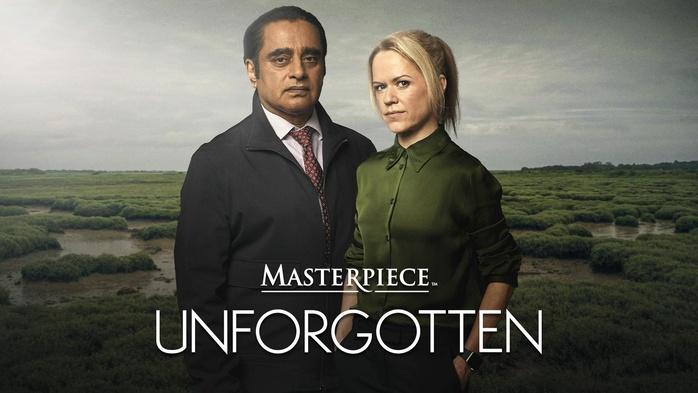

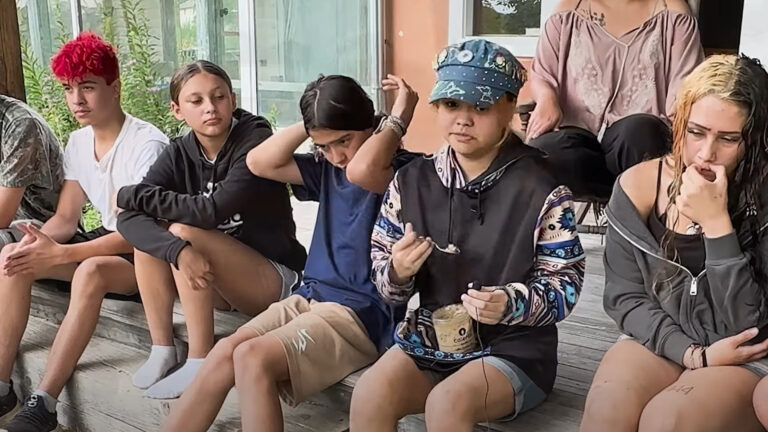
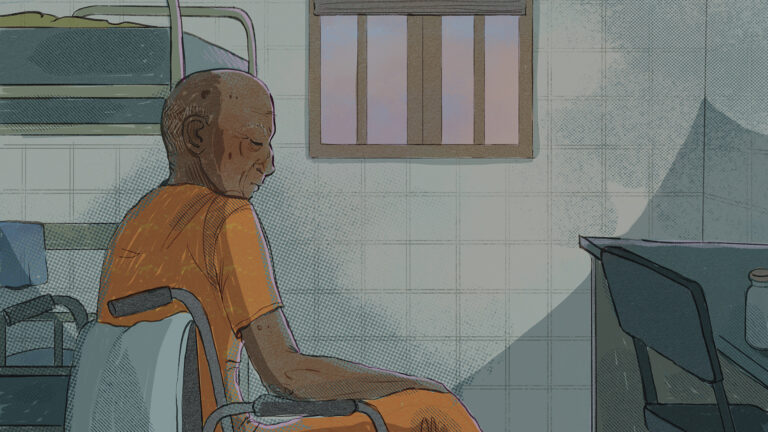
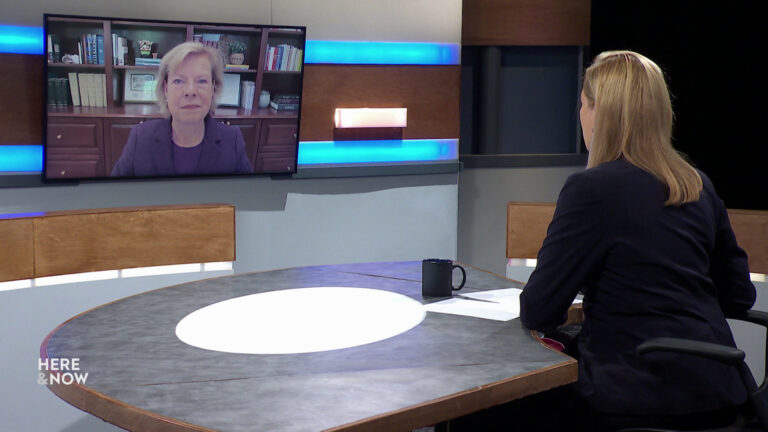
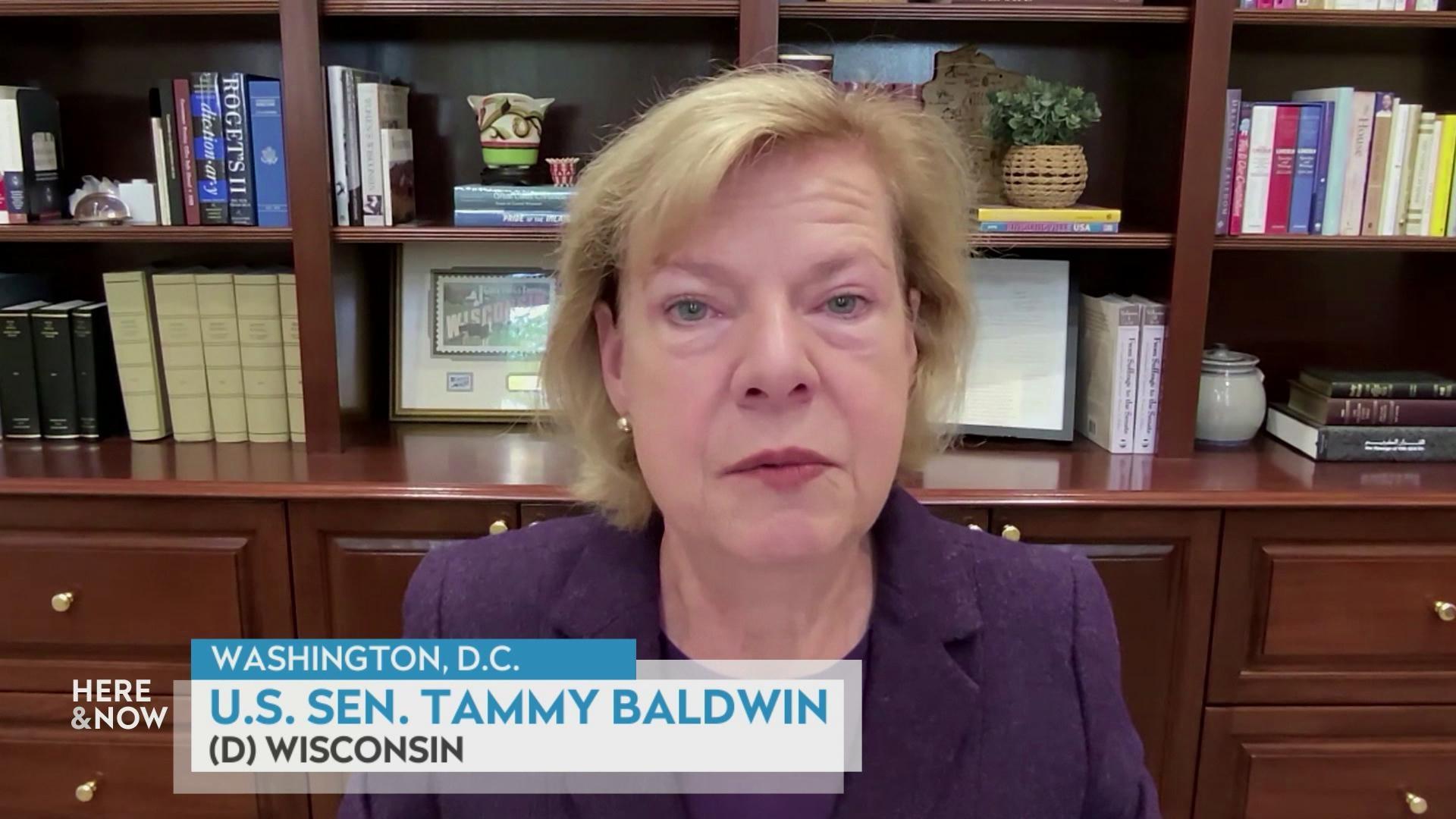
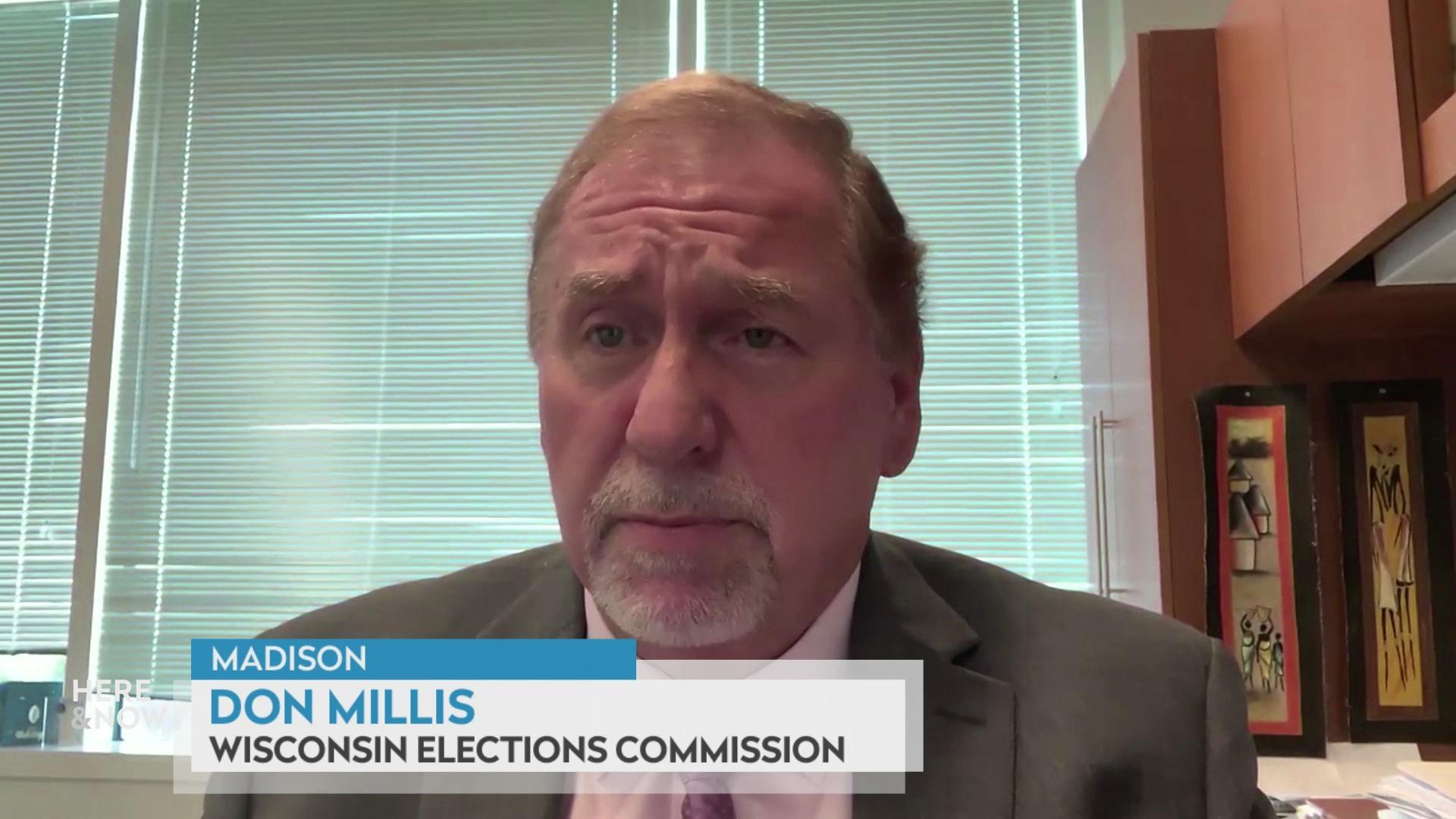
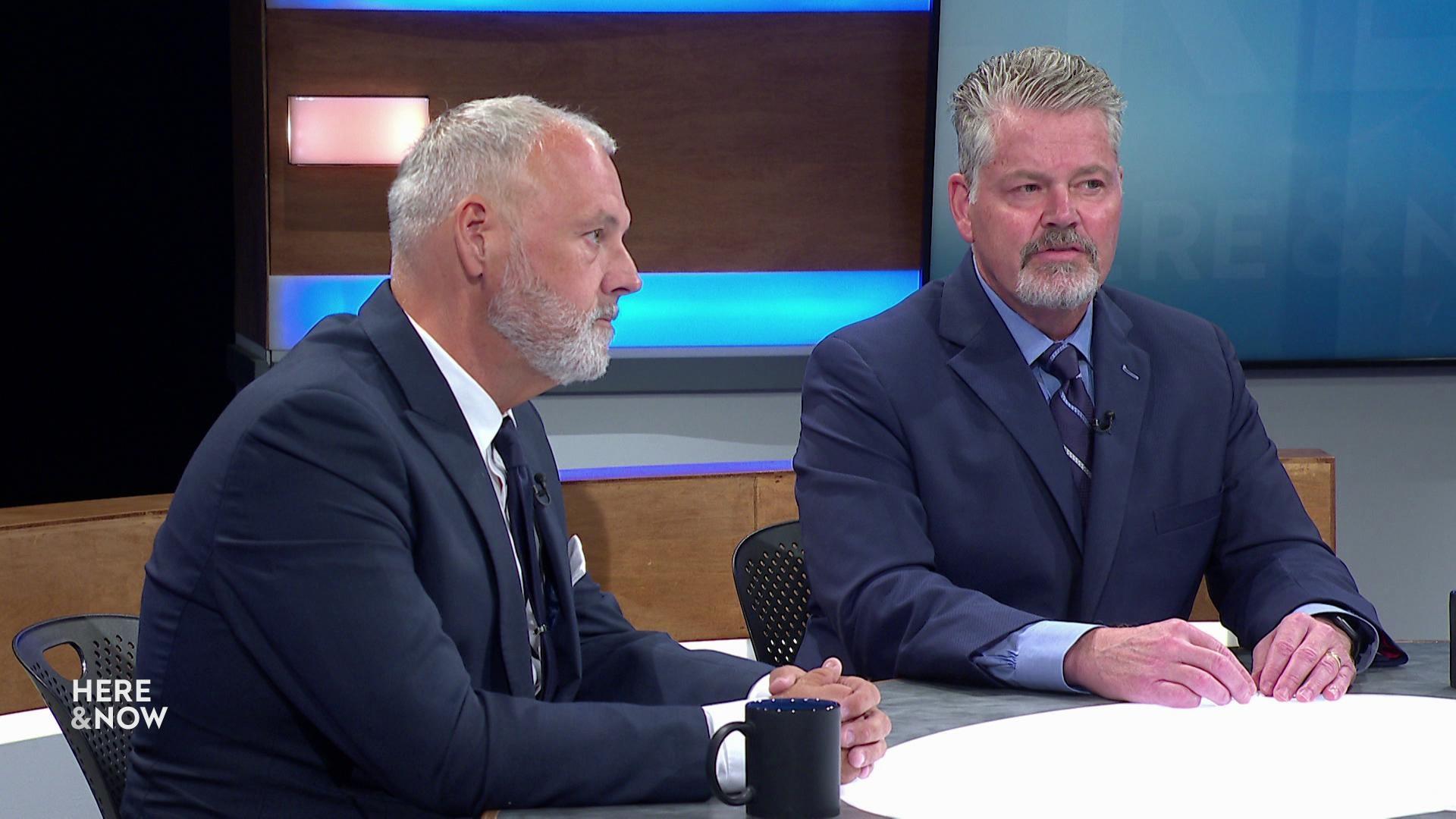
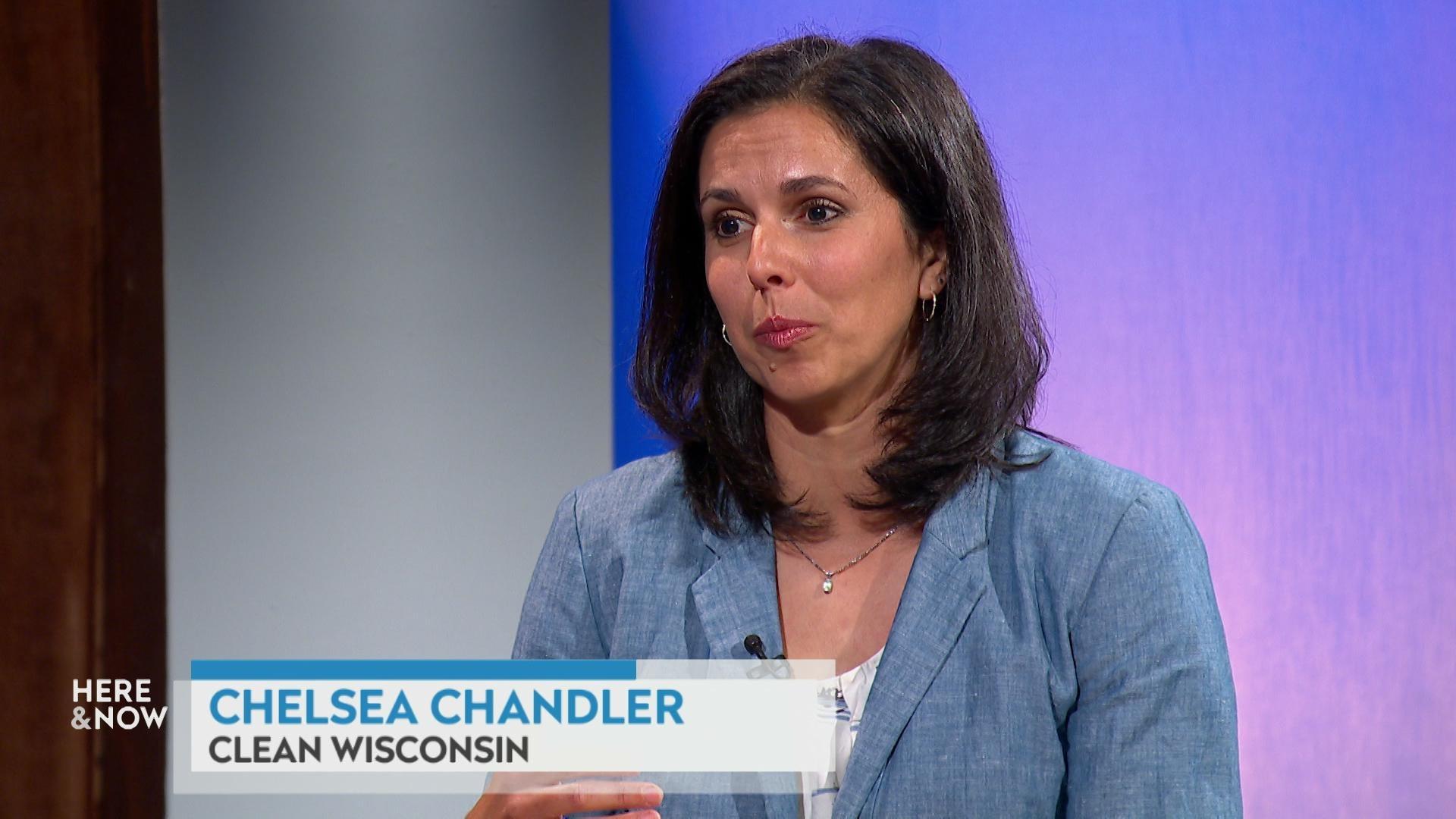

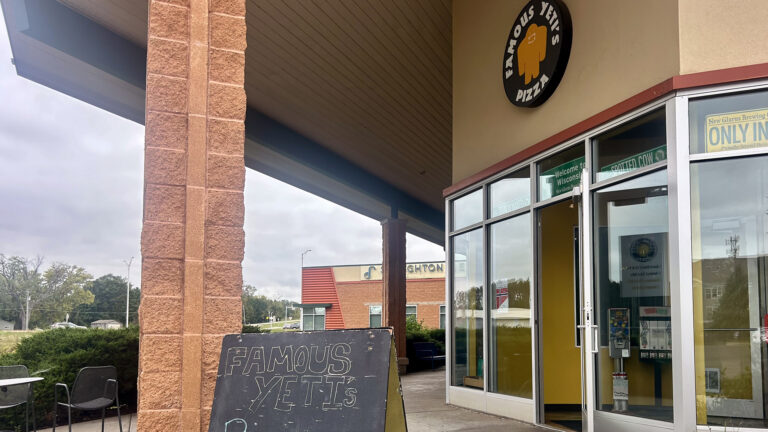

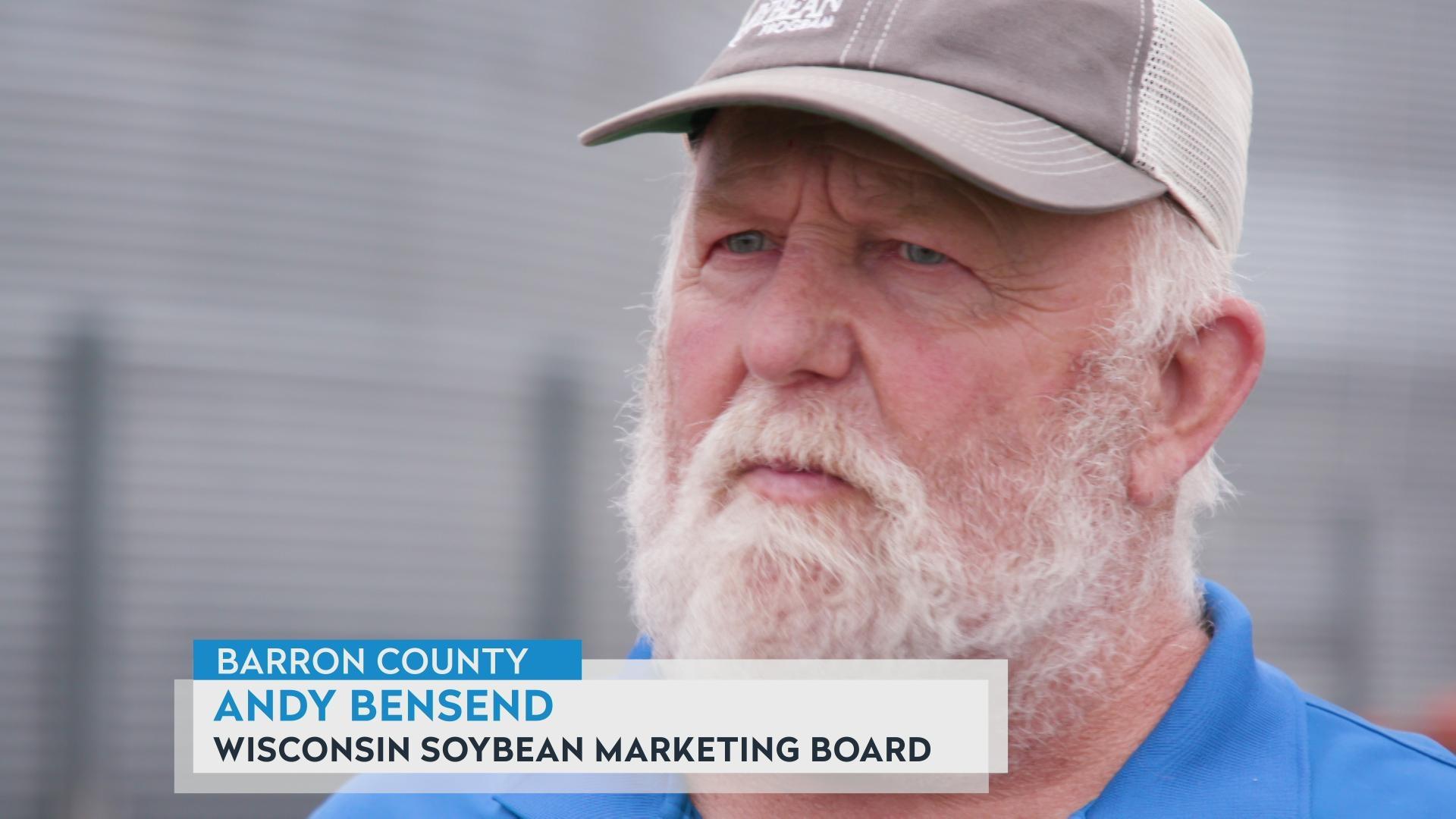


Follow Us